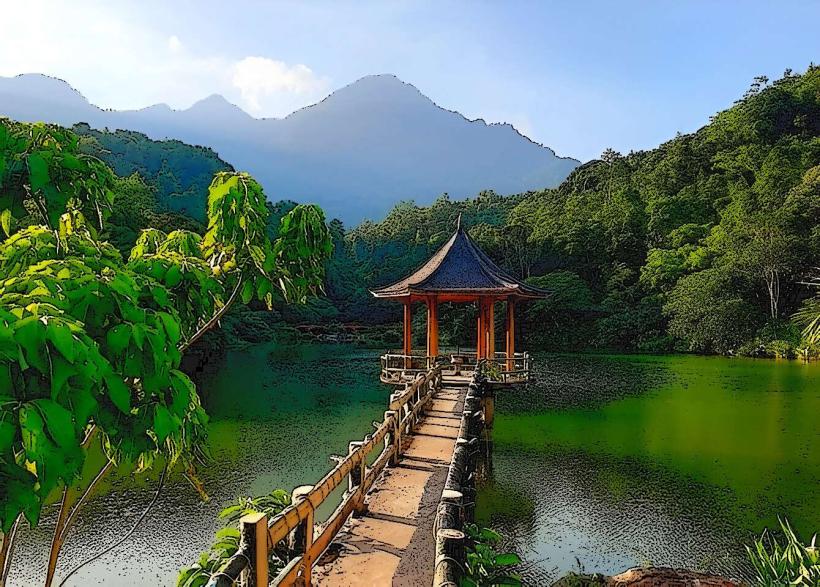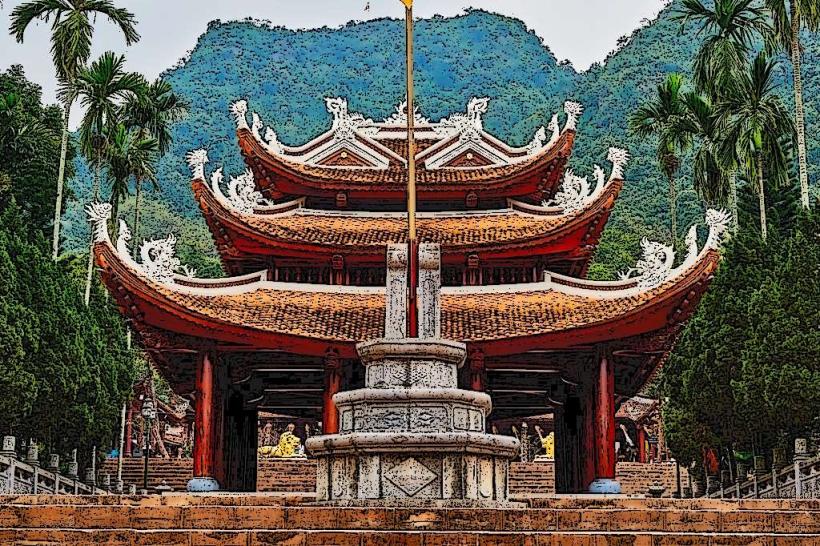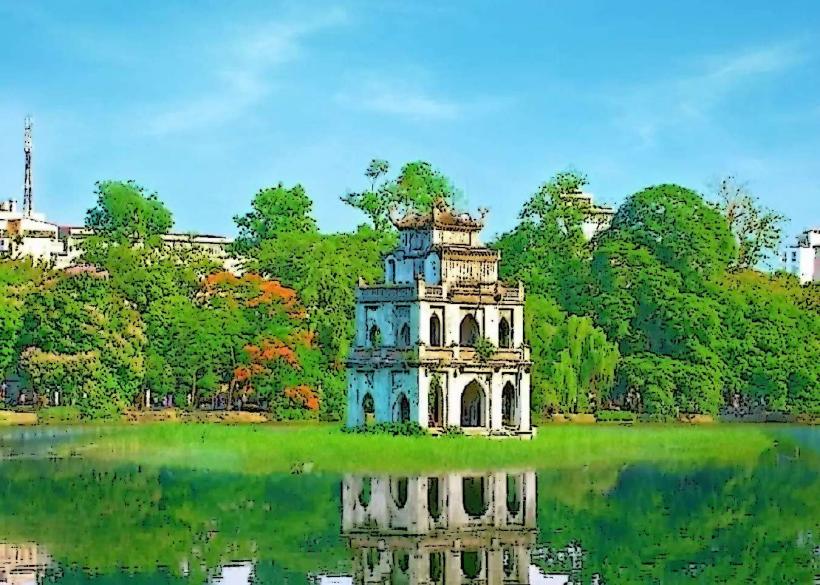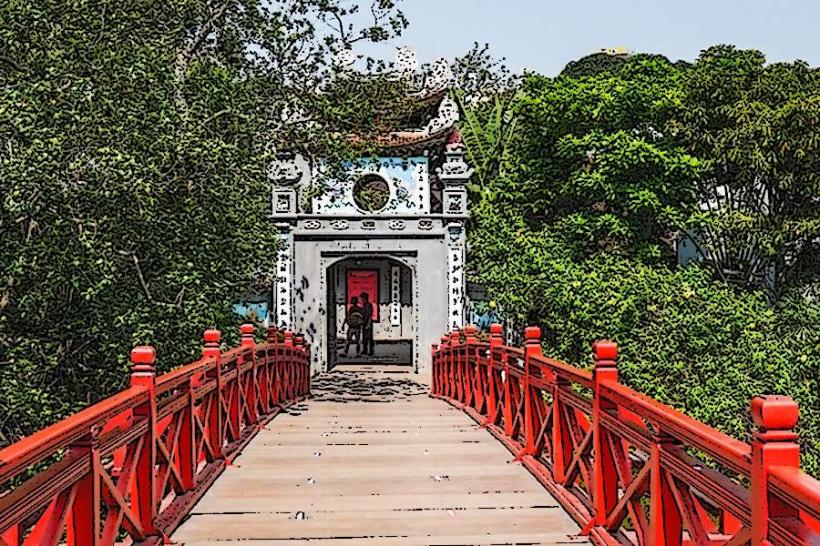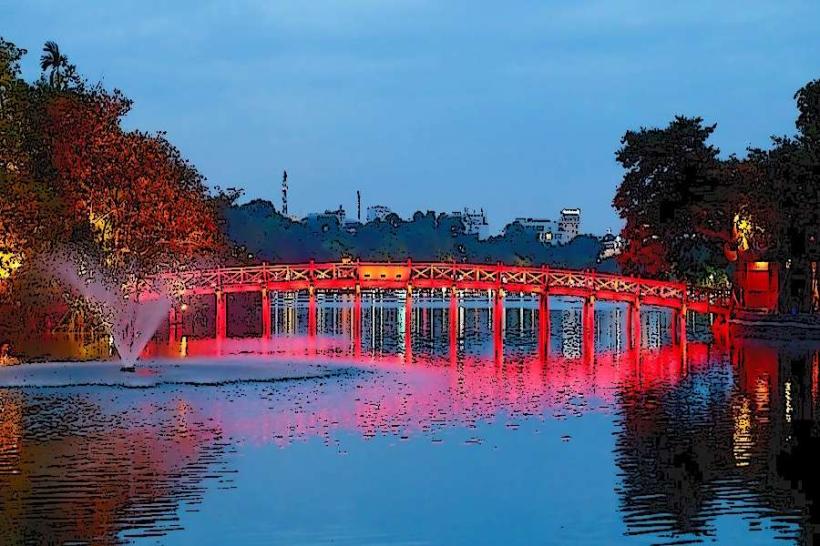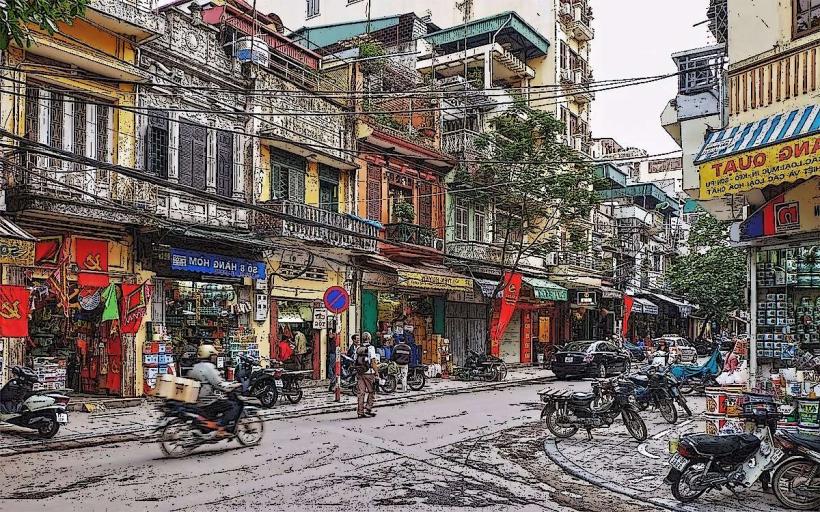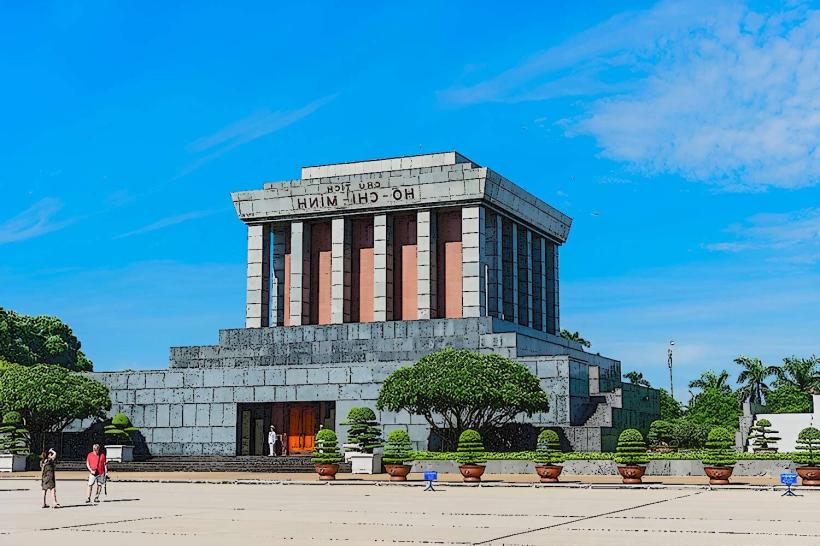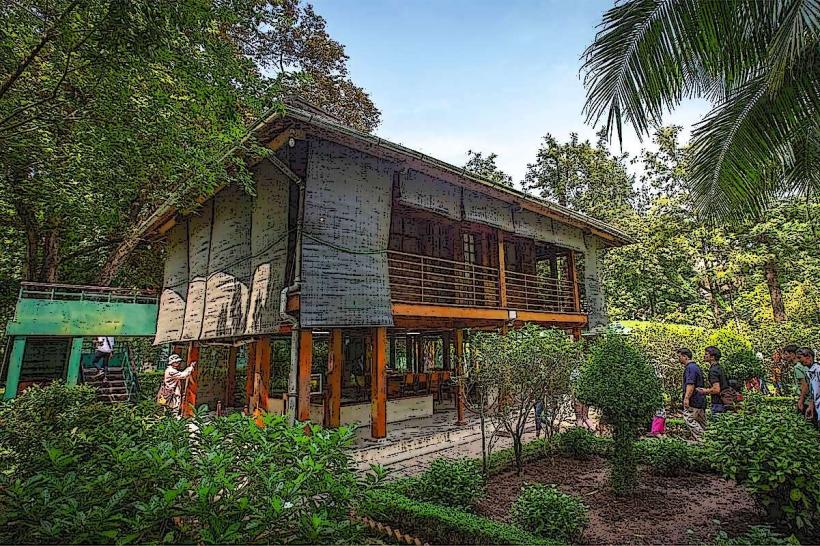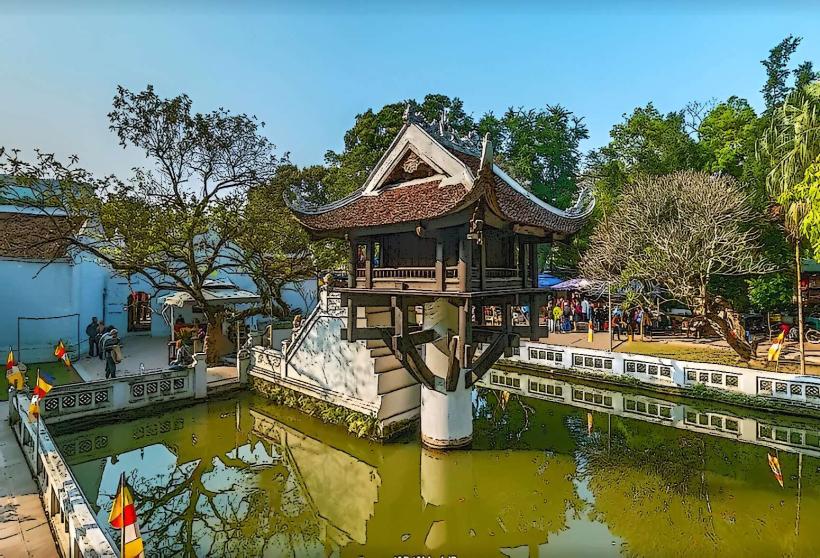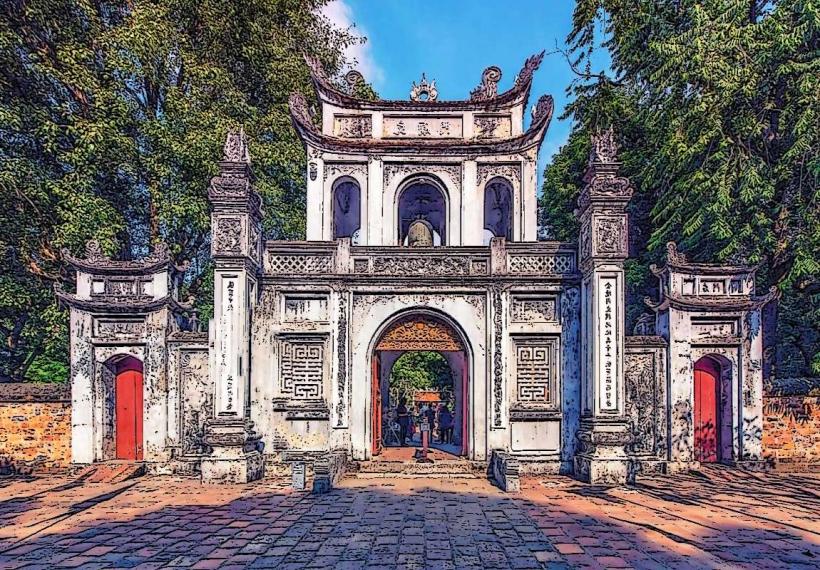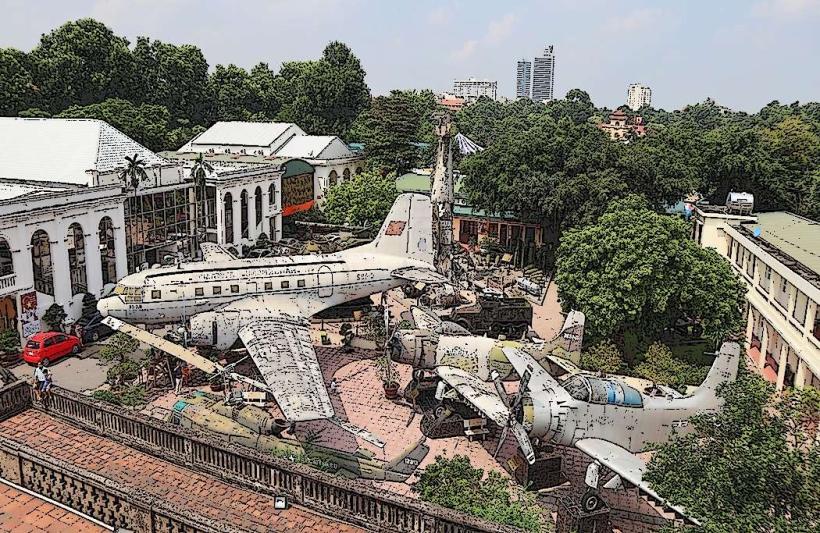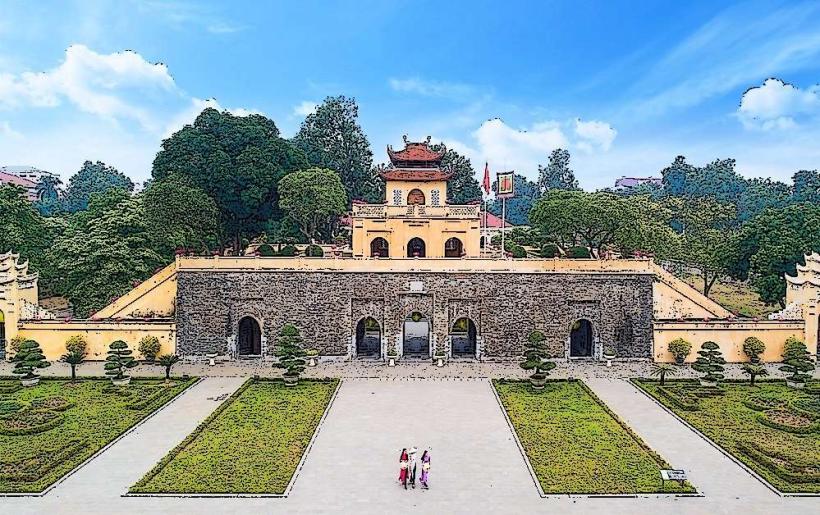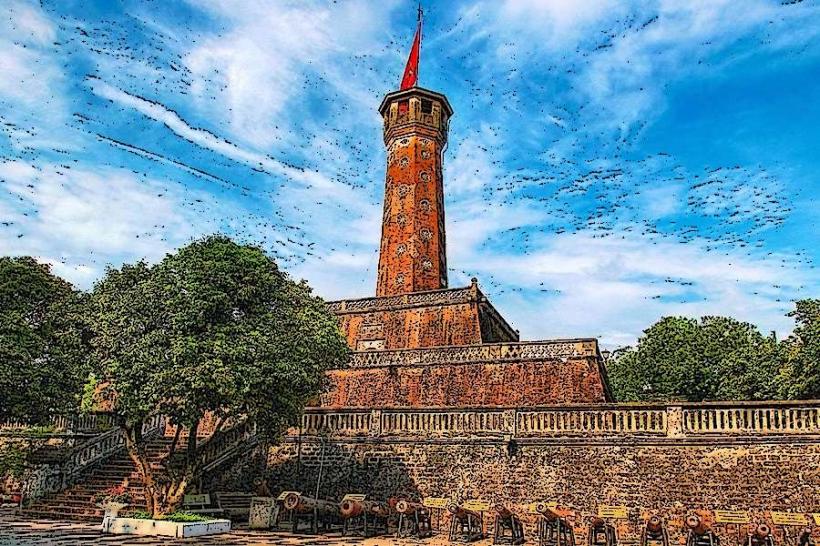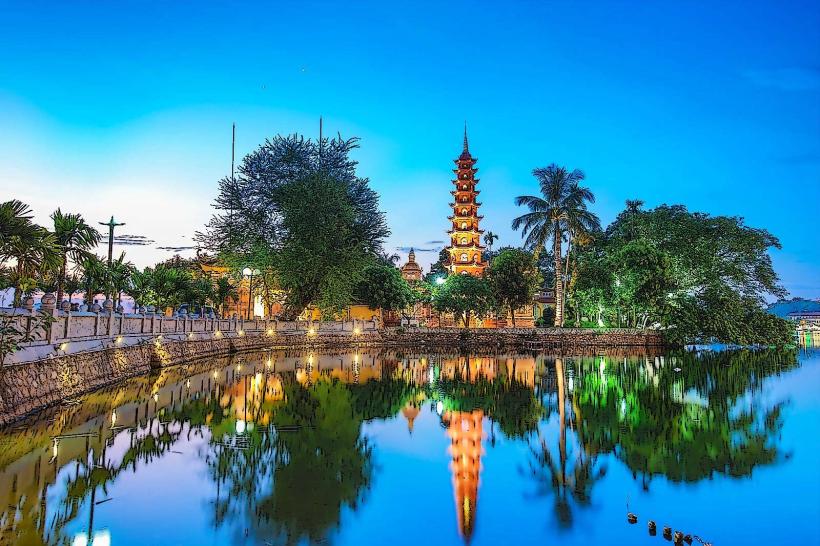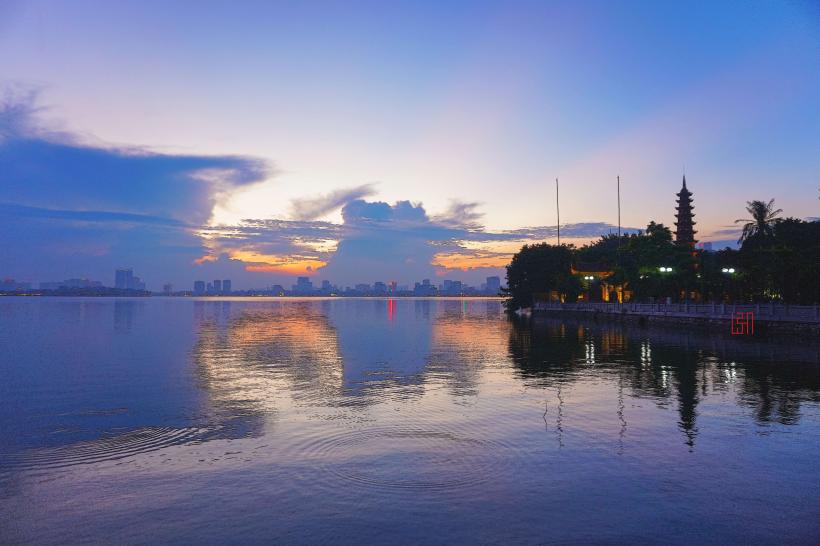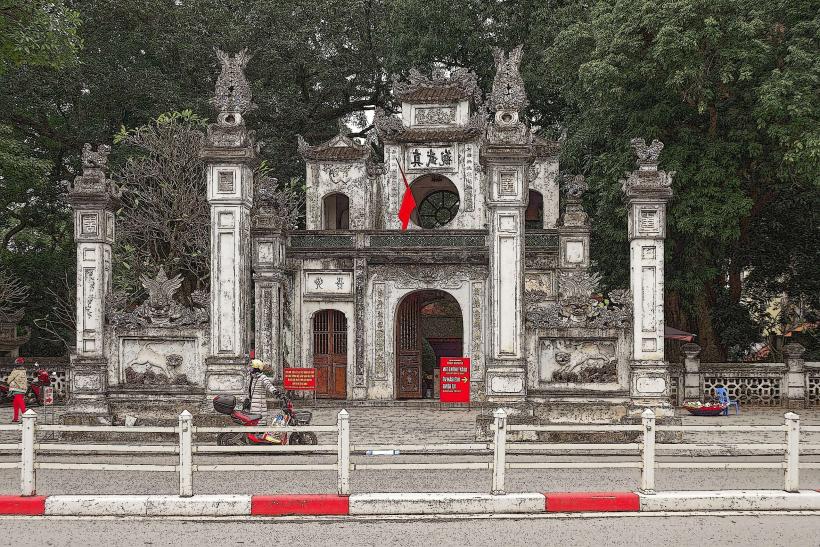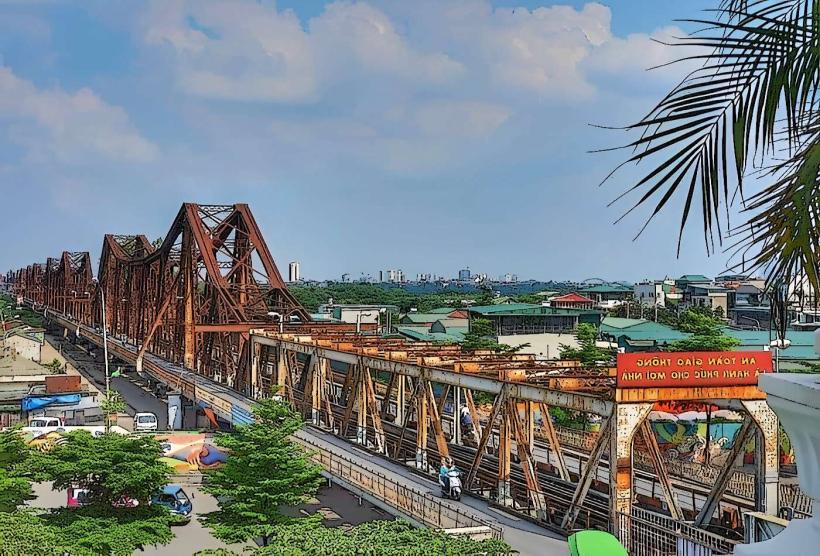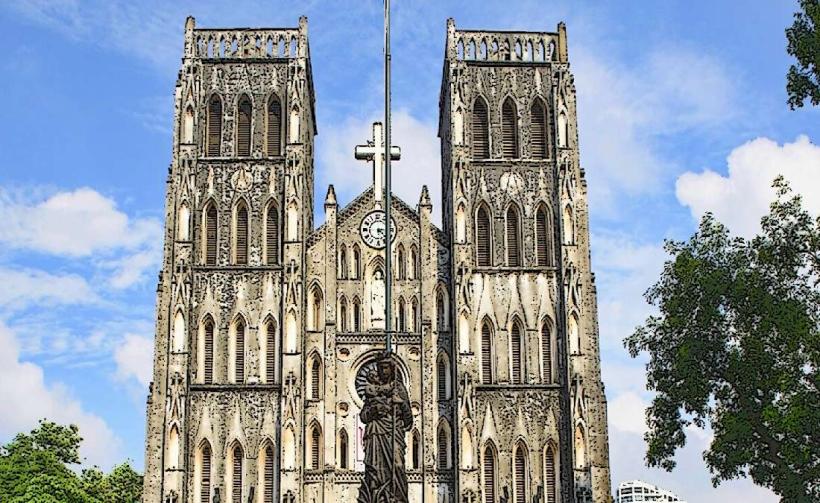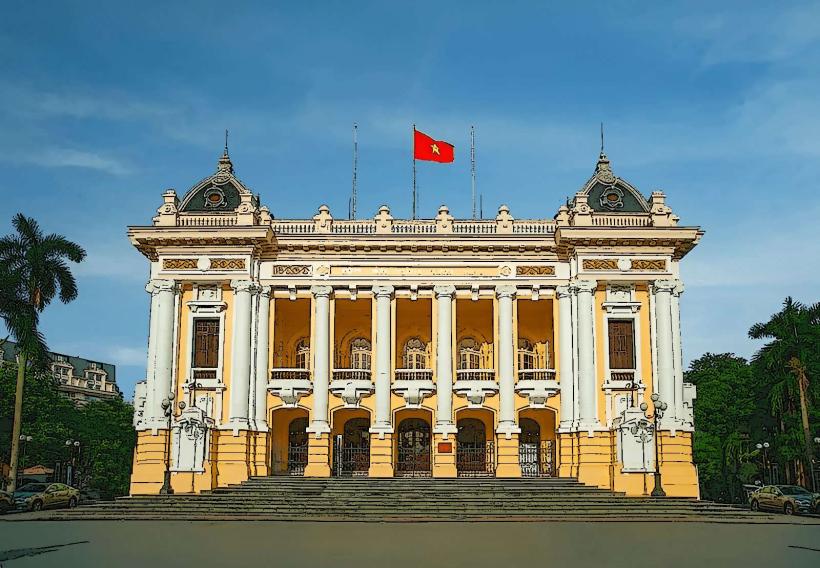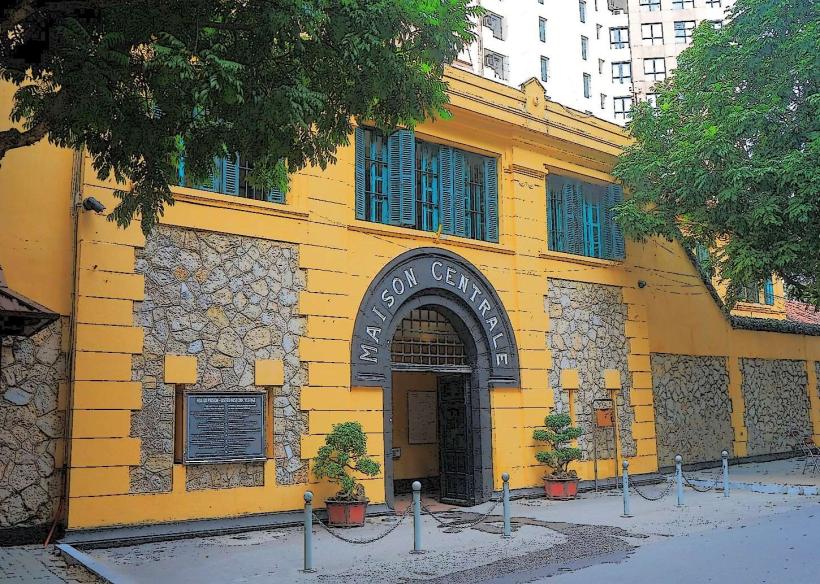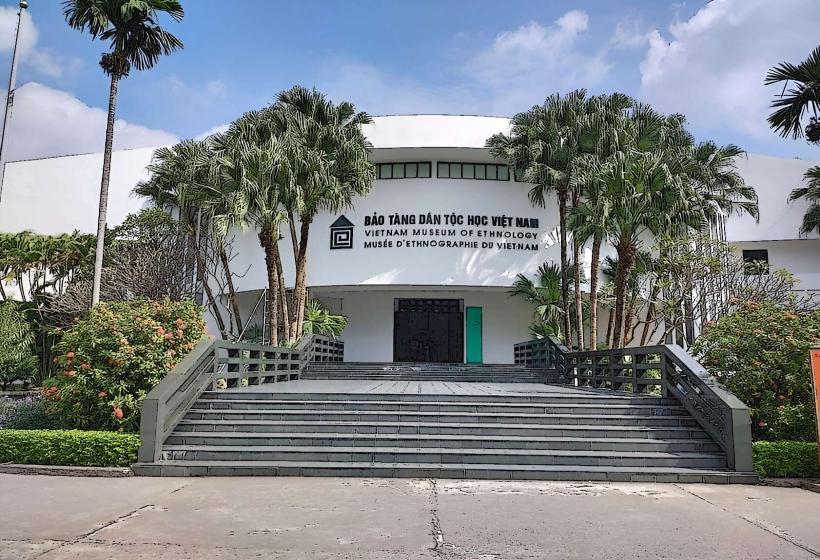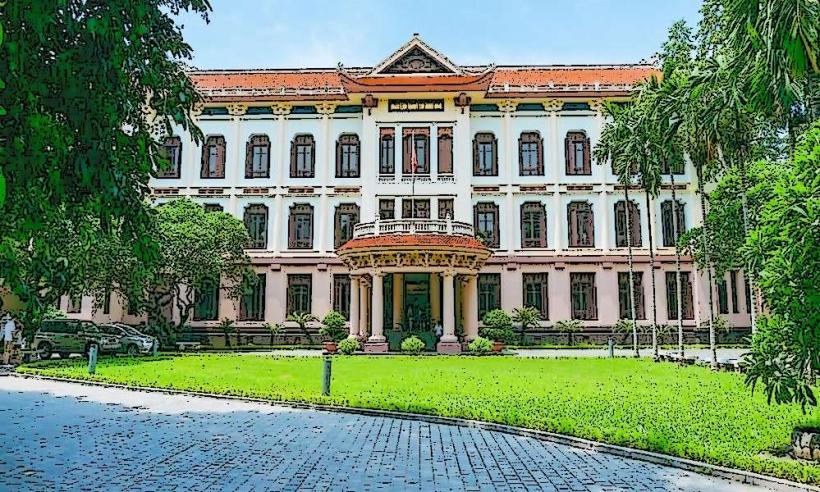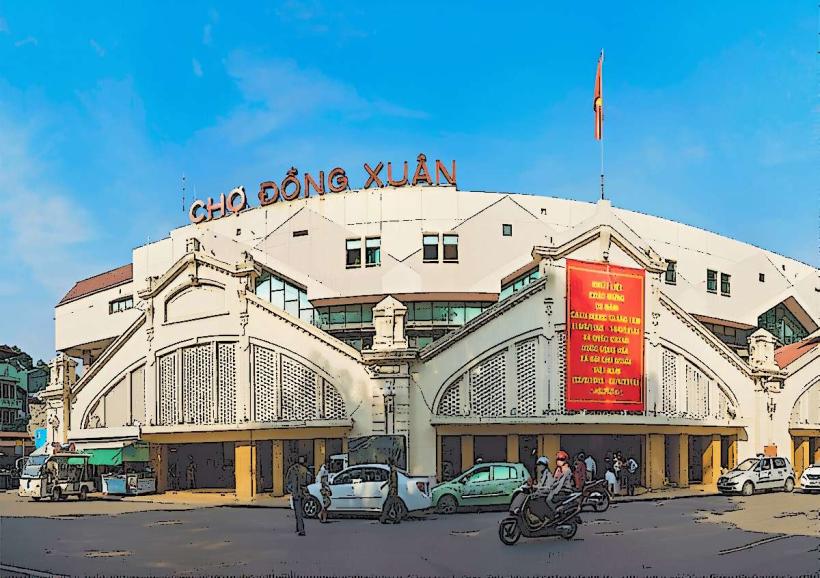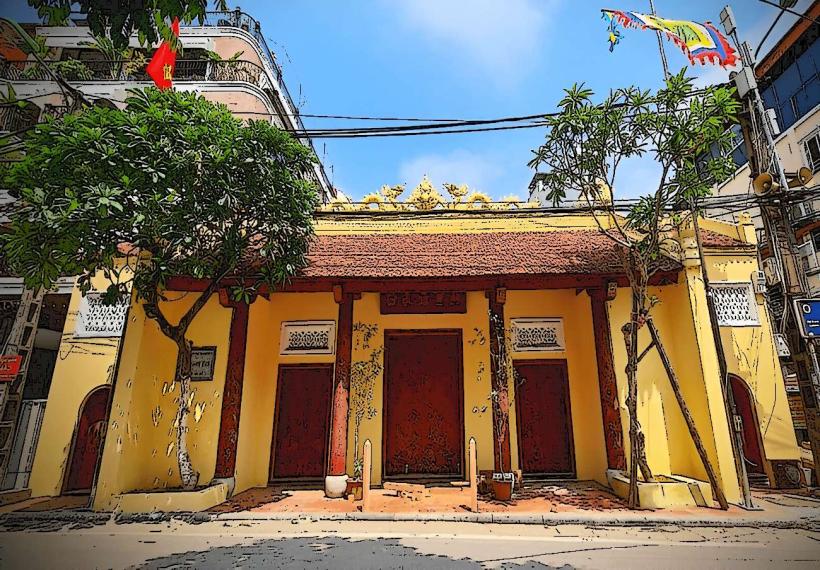Information
City: HanoiCountry: Vietnam
Continent: Asia
Hanoi, Vietnam, Asia
Hanoi, the millennial capital of Vietnam, is currently the center of national attention as it hosts the 14th National Congress of the Communist Party of Vietnam (January 2026). The city is undergoing a rapid "Red River Miracle" transformation, shifting its development focus toward the northern banks of the river.
Historical Timeline
1010: Founded as Thăng Long ("Soaring Dragon") by King Lý Thái Tổ.
1945: Became the capital of the Democratic Republic of Vietnam.
2008: Massive administrative expansion, tripling the city's surface area.
2025–2026: Launch of the "Red River Miracle" mega-projects, including the Red River Landscape Boulevard and the Olympic Sports Urban Area.
Demographics & Population (2026)
The metro area population is estimated at 5,765,000, a 2.91% increase from 2025.
Density: Approximately 2,300 people per $km^2$, making it one of the most densely populated capitals in Southeast Asia.
Human Capital: Hanoi remains Vietnam's intellectual hub, home to over 60% of the country's scientists and researchers.
Urban Layout & Districts
Hoàn Kiếm District: The historic heart; features the Old Quarter and the French Quarter.
Ba Đình District: The political center, home to the Ho Chi Minh Mausoleum and the National Assembly.
Tây Hồ (West Lake): The primary expat and luxury residential hub.
Long Biên & Đông Anh: Northern districts currently seeing explosive growth due to the Red River development projects.
Top Landmarks & Attractions
The Old Quarter (Phố Cổ): 36 historic streets known for specialized craft guilds and architecture dating back to the 11th century.
Temple of Literature (Quốc Tử Giám): Built in 1070; Vietnam’s first national university.
Thăng Long Imperial Citadel (UNESCO): A 1,300-year-old site of continuous political power.
Ho Chi Minh Mausoleum: The resting place of Vietnam's revolutionary leader.
Red River Landscape Boulevard: A new 80km transportation and park system currently under construction to modernize the riverfront.
Trống Đồng (Bronze Drum) Stadium: Part of the new Olympic Sports City; designed to seat 135,000 spectators with a retractable roof (completion scheduled for 2028).
Transportation & Infrastructure (2026)
Metro Expansion: Construction is active on Metro Line No. 5 (Văn Cao – Hòa Lạc), a $2.8 billion project.
Aviation: Nội Bài International Airport (HAN) remains the primary gateway; it recently hit record international arrival numbers during the 2026 New Year period.
Ring Road 4: Site clearance is 99.99% complete as of January 2026, paving the way for a massive orbital highway to decongest the city center.
Ban on Fossil-Fuel Vehicles: Hanoi has initiated a pilot program to restrict or ban fossil-fuel motorcycles in specific inner-city zones to combat air pollution.
Current Status (January 21, 2026)
National Event: The 14th National Party Congress is currently in its second day of plenary discussions at the National Convention Center.
Fireworks: On the night of January 21, the city is conducting a massive trial fireworks rehearsal at Mỹ Đình Stadium. The official display on January 23 will be the largest in Hanoi's history (10,000 pyrotechnics).
Weather: A powerful cold snap has arrived. Today's high is 17°C (63°F) and the low is 10–12°C (50–54°F). Rain and wind are expected throughout the day.
Air Quality: The AQI is currently Moderate (86), influenced by the recent monsoonal winds clearing the typical dry-season haze.
Local Cost Index (USD)
Bát Phở (Street): $1.50 – $3.00
Bia Hơi (Draft Beer): $0.25 – $0.40
Grab Motorbike (Short trip): $1.00 – $2.00
Mid-range Boutique Hotel: $40.00 – $70.00
Museum Entry: $1.50 – $2.50
Facts & Legends
A verified historical oddity: Hanoi is the only city in the world where you can visit a "B-52 Lake" (Hữu Tiệp Lake), which still contains the wreckage of a downed U.S. bomber from the 1972 Christmas bombings. A local legend tells of the Returned Sword (Hoàn Kiếm Lake): After defeating the Ming invaders, King Lê Lợi was boating on the lake when a Golden Turtle emerged to reclaim a magic sword given by the gods. The turtle is said to still guard the sword in the lake's depths, appearing only during times of great national transition.

